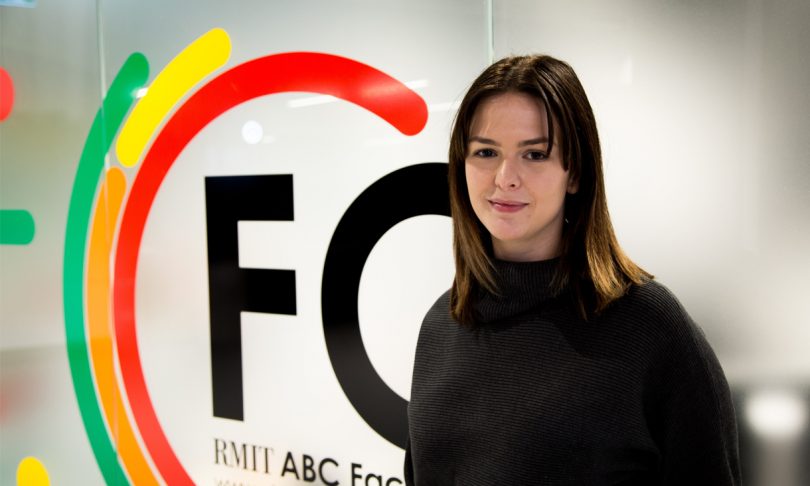RMIT ABC Fact Check’s Ellen McCutchan talks about the process of fact checking.
The prolific spread of online falsehoods is a top-level policy concern that can undermine democratic processes and public health and safety, a new report by La Trobe University found.
The La Trobe University report lead researcher, associate professor Andrea Carson, said the report aimed to assist governments, authorities, and digital platforms in managing the harm caused by online misinformation.
The report looked at misinformation regulation in the Asia Pacific and was published in February 2021, about a year after World Health Organisation director-general Tedros Adhanom Ghebreyesus said we were not just fighting an epidemic, but an ‘infodemic’.

Photo by Markus Spiske, taken from Unsplash.
In research articles on coronavirus misinformation, organisation First Draft wrote the ‘infodemic’ was an abstract concept, but a way to conceptualise it was in terms of supply and demand.
“At first, we see a demand for information about its (pandemic) origin; then, medical treatments; later, public policy. As these needs emerge, the question of supply becomes critical: Can supply meet the demand for accurate, clear, credible information?” First Draft wrote.
First Draft wrote high demand for information and low supply created a ‘data deficit’: a lack of credible information where results exist but they are misleading, confusing, false or otherwise harmful.
RMIT ABC Fact Check journalist and researcher Ellen McCutchan said the CoronaCheck Newsletter was created last year to get what factual information was available out to the public quickly.
In 2020, Reuters Institute found the number of English-language fact checks rose more than 900% from January to March.
First Draft wrote that while other credible sources of information exist, such as news reports and scientific papers, fact checkers were in a position to respond to deficits in real time.
Historically the work of fact check organisations, fact checking within news coverage also increased last year in U.S political reportage.
In an article by Poynter, Duke Reporters’ Lab research associate Joel Luther wrote that ‘embedded fact checking’ surged in 2020, and if done right, it was a powerful way to get more accurate information to readers.

Photo by Mika Baumeister, taken from Unsplash.
But digital platforms in their part as information distributors were vulnerable to the amplification of mis/disinformation narratives.
In an article by Bellingcat, journalist Robert Evans wrote that despite social media taking a more active stance, a network of media personalities and news websites developed a robust strategy for spreading coronavirus lies on social media.
Robert Evans wrote about disinformation related to the Australian 2019/2020 wildfires and how a prominent far-right media personality’s narrative of ‘arsonists and lightning’ evolved through social media and online news sites.
RMIT ABC Fact Check journalist Ellen McCutchan said claims relating to the bushfire crisis were politically driven by people in power because of the climate issue, whereas coronavirus misinformation seemed to spread from the bottom-up.
The La Trobe University report found the critical time at which a new voluntary disinformation code, developed by the Digital Industry Group to help counter mis/disinformation on digital platforms, would be finalised in Australia.
In an article by The Sydney Morning Herald, DIGI managing director Sunita Bose wrote the code would provide “a consistent framework and transparency in Australia not just in relation to coronavirus but any issue where harmful information may proliferate online”.
The voluntary code was launched in February 2021 and adopted by Google, Facebook, Microsoft, Tik Tok, Twitter and Redbubble.
But February was the same month Facebook blocked news in Australia temporarily over a disagreement about a different code: The News Media Bargaining Code, resulting in news organisations including fact checkers losing operation of their Facebook pages.
In an article by Poynter, International Fact Checking Network director Baybars Orsek wrote the IFCN was “concerned” about the harm associated with depriving Australians of access to accurate information on Facebook.
In a public position paper released last year to guide the development of the misinformation code, ACMA wrote it expected the code to address issues of credibility signalling on digital platforms to empower users to identify credible news and information.
Image: RMIT ABC Fact Check’s Ellen McCutchan by Kiralee Greenhalgh.




